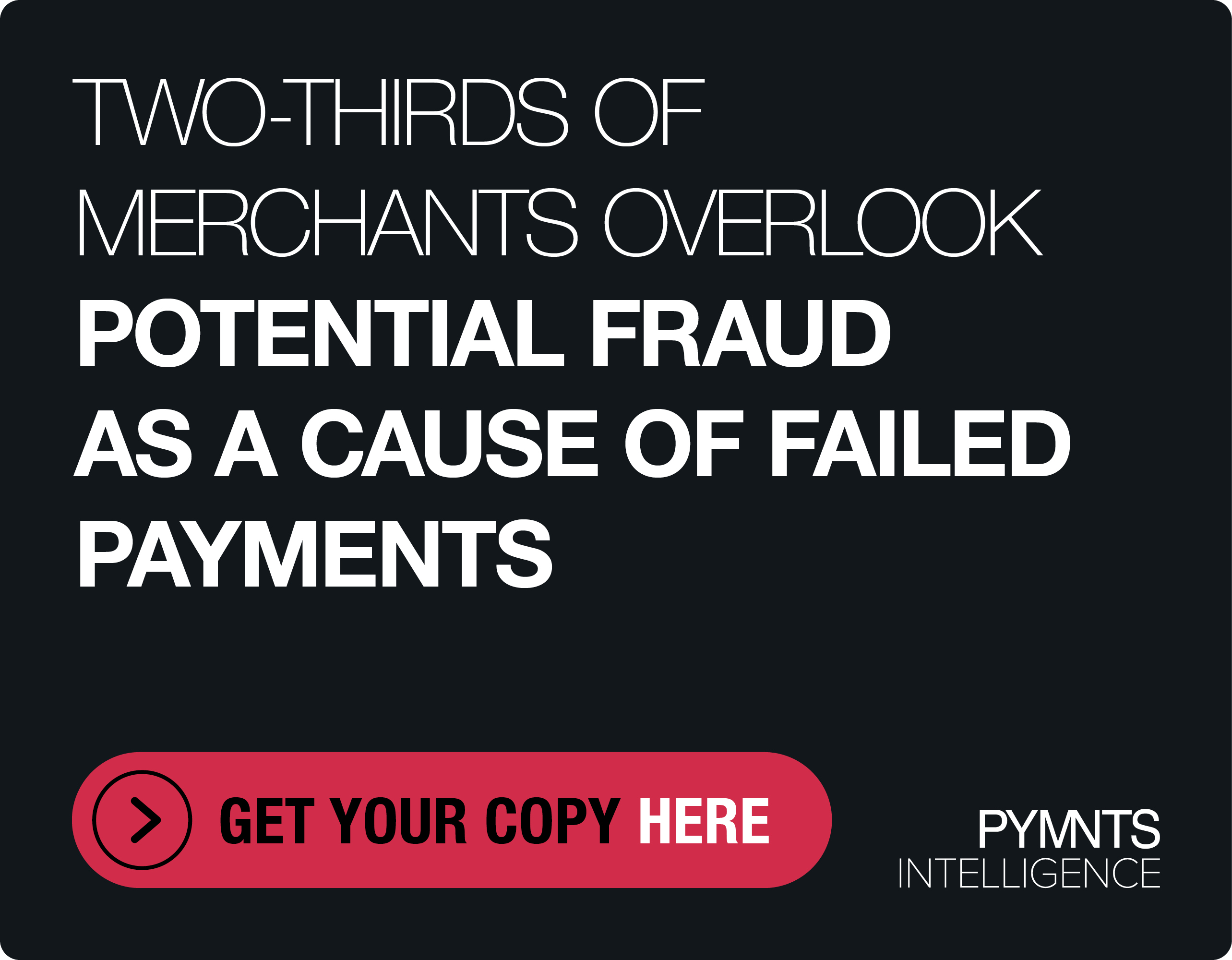Ex-Starbucks CEO Howard Schultz: Small Restaurants Need More Than PPP Loans

According to ex-Starbucks CEO Howard Schultz, a $1 trillion ‘bridge to a vaccine’ may be the only way to save small businesses from going under.
Schultz said another version of the Paycheck Protection Program (PPP) just wouldn’t cut it for businesses to be able to keep their heads above water.
He said the idea of a $1 trillion program to help small businesses might seem big – but it would be pennies compared to the eventual costs of losing hundreds of thousands of small businesses who can’t pay their rents or keep the lights on.
Schultz said that would result in further millions of Americans becoming unemployed, as well as devastation to individual communities where those businesses have become well-known touchstones for residents.
The loans made through the PPP, Schultz said, just aren’t formidable enough to sustain most small businesses for as long as the economy might be shut down due to the virus. Most of them, even after social distancing is deemed to be done, will have to operate at around 30 to 50 percent capacity for much longer, which will eat into profits.
And many of them don’t have strong relationships with banks, which damages their opportunities to try and access PPP loans.
So Schultz said the initial PPP loans were “a band-aid” that wouldn’t really address the underlying problem.
Schultz said there would likely have to be something like government-sponsored loans to ensure that businesses got the full amounts they needed. That was why he termed the need as a ‘bridge to the vaccine,’ saying the dim profits would call for further action.
The comments made on Tuesday came as the Senate voted on a new financial aid bill that would expand the PPP with an additional $310 billion into that program, intended to bolster small and medium-sized businesses.
The entire $484 billion package will also include aid for hospitals and funding to boost testing.
But that won’t help if, as with the last package, people are unable to access the money due to failures of the digital systems intended to distribute the funds.
